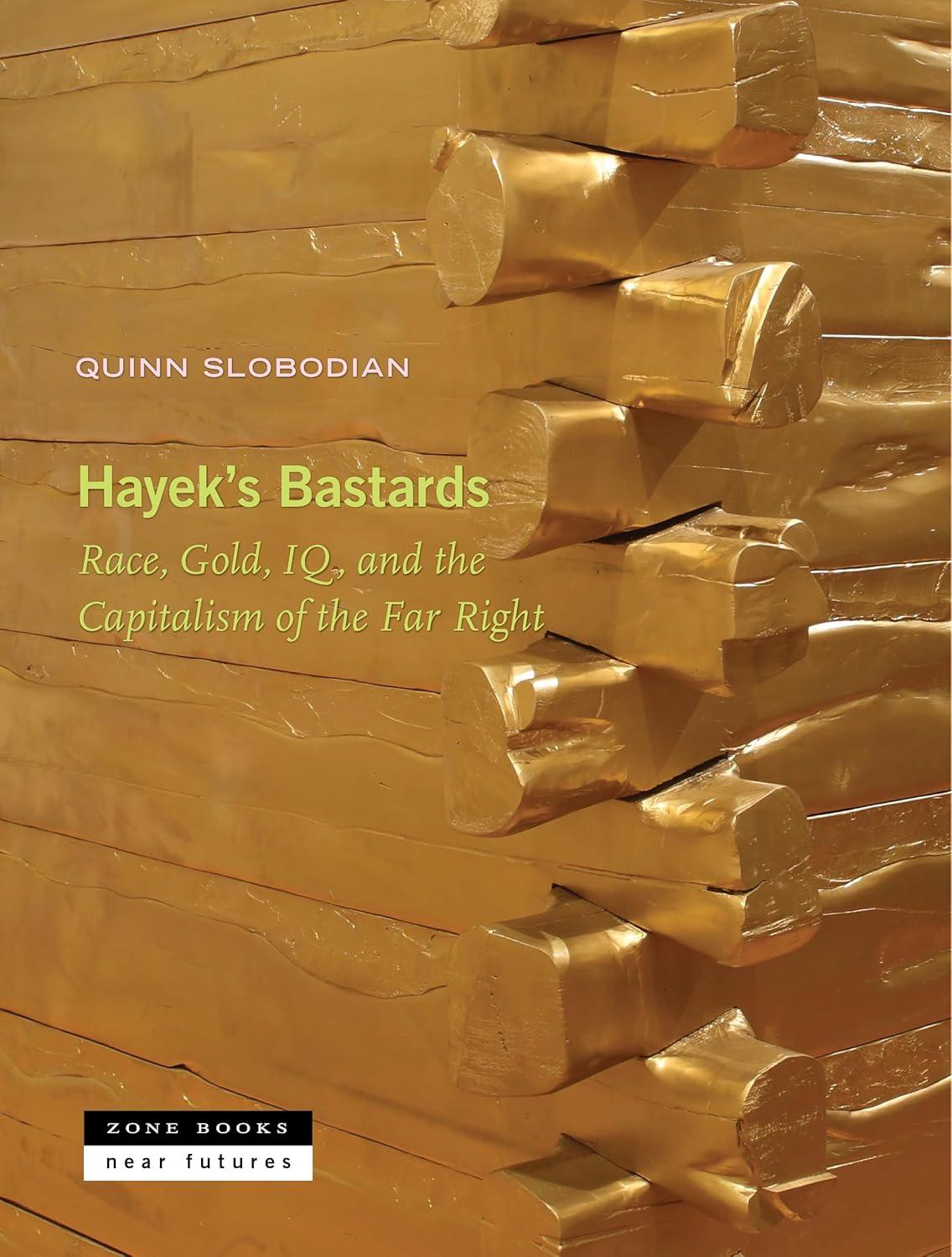The Mont Pelerin Society was set up in 1947 with the aim of ensuring that the apparent triumph of freedom over fascism in the Second World War should instead be understood as a defeat. Inspired by its founding father, Friedrich von Hayek, whose rallying call The Road to Serfdom had been published three years earlier, the organisation believed that the price of victory had been too high. Democratic Western societies – notably the United States – had won the war by aping the economic tactics of their geopolitical rivals, including the Soviet Union: central planning, market controls, massive government spending and extensive social and economic engineering. Once the fighting was over this translated into promises of continued government spending to fund extensive welfare programmes as a reward for the sacrifices that had been made, which in turn ensured that the social and economic engineering would continue. A total war had required a monster state to prosecute it. The monster was now threatening to devour the peace as well. The task at hand was to dismantle that state in the name of liberty. This was the basis of postwar neoliberalism, and the Mont Pelerin Society became its intellectual clearing house.
On a conventional telling of the story, the real victory of neoliberalism had to wait until forty years later, at the end of the Cold War, when a combination of the Reagan-Thatcher ascendancy and the collapse of the Soviet Union signalled that freedom had finally triumphed. After long decades of often thankless academic guerrilla warfare, the neoliberals’ ideas emerged from the netherworld of think tanks and journals and into the halls of power. Central planning had been vanquished. Regulation was in retreat. Markets were the masters now. Money, ideas, people: all were at liberty to go wherever they could find the best return. But as Quinn Slobodian makes clear in his bracing history of the intellectual origins of the alt-right, the conventional story misses out a big part of the picture.
For plenty of Mont Pelerin diehards, history didn’t right itself at the end of the 20th century so much as repeat itself. Once again, they decided, the price of victory had been too high. The Cold War had been won by indulging the weakness of Western societies for panaceas of global solidarity, social security and personal empowerment. Even Reagan and Thatcher had not dared take on many leftist pieties for fear of frightening voters. As a result, by the 1990s other ideas were on the march, including environmentalism, feminism and racial justice. All of them – with their insistence on correcting for social inequality and market failures – threatened the integrity of capitalism. So the fight for freedom had to begin again.
